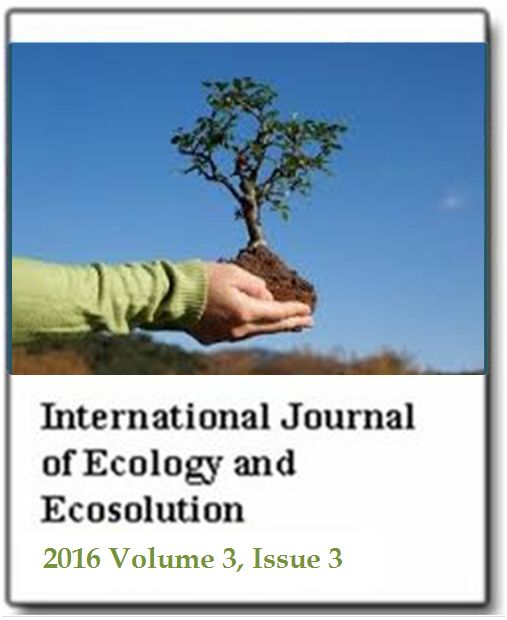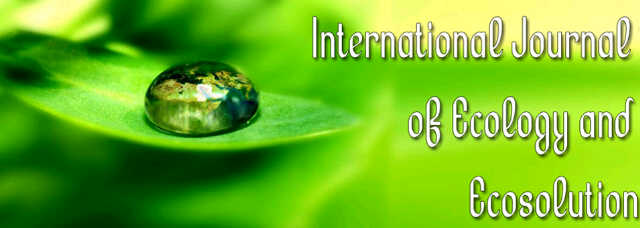Impact of deforestation on biodiversity in Anambra State, Nigeria
Anyanwu J. C., Amaku G. E., Izunobi L. C., Egbuawa I. O. and Onwuagba S. M.International Journal of Ecology and Ecosolution
Published: September 9 2016
Volume 3, Issue 3
Pages 40-44
Abstract
Deforestation, particularly in the developing countries, is a major cause for concern. It has negative consequences on the environment. Its impact on biodiversity in Anambra State of Nigeria was what this work sought to investigate. The research was carried out in four agro-ecological zones of the state. Field inventories (of plant species) and population count of trees were carried out to generate data for biodiversity analysis. Species diversity indices such as Shannon-Wiener Index, Simpson Index and Importance value percentage were used to assess biodiversity. The results revealed that deforestation has negative impact on biodiversity in the state. Zone D has the highest species diversity and evenness compared to other zones while Zone B has the least species diversity and evenness. The impact of deforestation on biodiversity in Anambra State is seen in terms of loss of valuable plant species, reduced plant biomass, extinction of species and reduced species richness and evenness. The study recommended measures to curb deforestation. These include launching of biodiversity conservation campaigns and seminars, and the need to declare more areas as protected areas.
Keywords: Deforestation, biodiversity, exotic organisms, genetic variation, botanicals.
Full Text PDF
